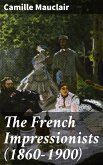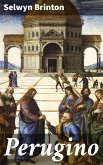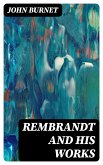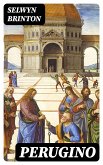In 'Meissonier', Henri Barbusse presents a profound exploration of the life and artistic contributions of the renowned 19th-century French painter, Jean-Louis Ernest Meissonier. With a blend of biography and critical analysis, Barbusse employs a lyrical yet incisive prose style that reflects the impressionistic qualities of Meissonier's own paintings. The book serves as both an homage and a critical examination, situating Meissonier within the broader context of art history and the shifting paradigms of realism and idealism during his era. Barbusse's keen sensitivity to visual art is palpable, as he delves into the intricacies of Meissonier's techniques and thematic choices, enhancing our understanding of the interplay between art and society in post-Revolutionary France. Henri Barbusse, a prominent figure in early 20th-century literature, was deeply influenced by his experiences in World War I and his subsequent embrace of pacifism and socialism. His background as a journalist and a novelist who grappled with themes of social justice and human experience undoubtedly informed his approach to documenting Meissonier's life. By bridging the worlds of literature and visual art, Barbusse was able to articulate not only the aesthetic dimensions of Meissonier's work but also the socio-political issues that pervaded his time. This book is highly recommended for scholars, art enthusiasts, and general readers alike, as it unravels the complexities of a significant yet often overlooked figure in French art. 'Meissonier' invites readers to appreciate the symbiotic relationship between life and art, while also offering a lens through which to better understand the historical forces that shape creativity. Barbusse's masterful prose ensures that this work remains a vital contribution to both literary and art criticism.
Dieser Download kann aus rechtlichen Gründen nur mit Rechnungsadresse in A, B, BG, CY, CZ, D, DK, EW, E, FIN, F, GR, H, IRL, I, LT, L, LR, M, NL, PL, P, R, S, SLO, SK ausgeliefert werden.









